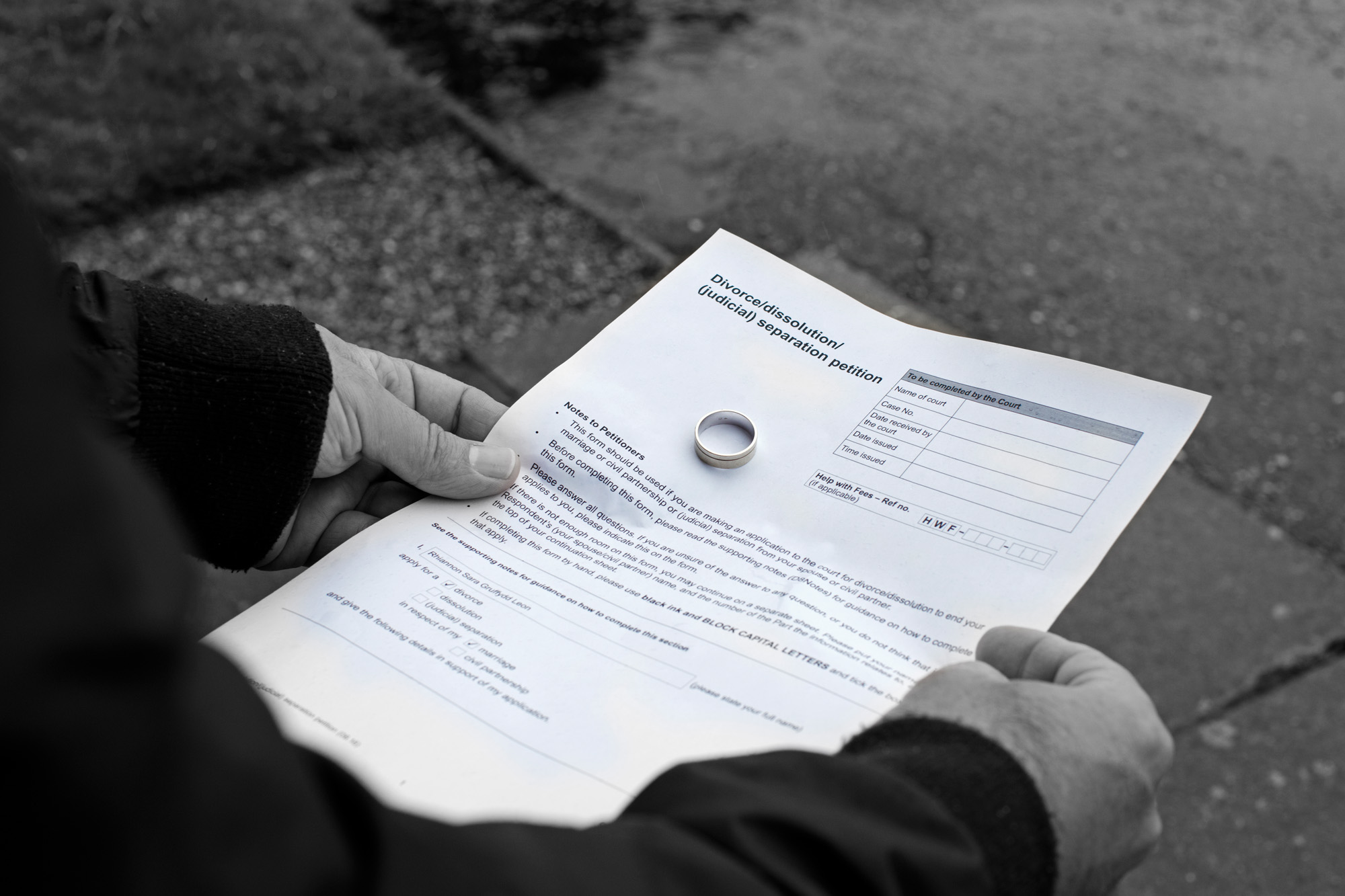
Many couples choose to keep their assets separate when they get married. This is because the process of divorce requires spouses to divide their assets between the two of them. When this happens, it can be difficult and bring about many different problems or concerns. If a couple chooses to keep their assets separate, it is clear which of them belongs to whom in a divorce. This can be accomplished by drafting and signing a prenuptial agreement, also known as a “prenup.” A prenup is a contract between two spouses that is signed before their marriage to outline the division of their assets should they divorce in the future.
When people become married, it brings two lives together. Often times, this also includes their families as well. When this happens, parents can become very involved in the marriage plans. If one family has an inheritance, business, or property that has been passed down in their family, they usually want it to be protected. However, a parent’s belief that they know what is best for their child may lead them to pressure them into signing a prenup to ensure the family assets are not subject to equitable distribution in a divorce.
It is important to know when dealing with these situations, that a parent cannot force their child or the child’s fiance to sign a prenup. Sometimes, parents may go as far as to even threaten to take their child out of their future will or cut them off financially. Even so, a prenup can only be signed if the future spouses wish to do so themselves.
In the event that a child or fiance is forced to sign a prenuptial agreement, the document can be discredited and deemed invalid. A prenup is a legal contract, which means that it is required to be signed under a person’s own free will. If it was not, the document can be contested and invalidated.
It is understandable that many people do not want to discuss the idea of a prenup, as it can often be uncomfortable. However, there are ways that it can be done positively that can promote healthy discussions between family members. This allows all parties to discuss why they want a prenup to be signed and why others do not want one. If necessary, a mediator can be present during the conversations in order to reach an amicable agreement.
If you require strong legal representation for matters related to divorce or family law, Haber Silver Russoniello & Dunn is here to help. We proudly represent clients in Morris County and throughout the state of New Jersey. Contact our firm today to schedule a consultation.
© 2025 Haber Silver Russoniello & Dunn. All rights reserved.